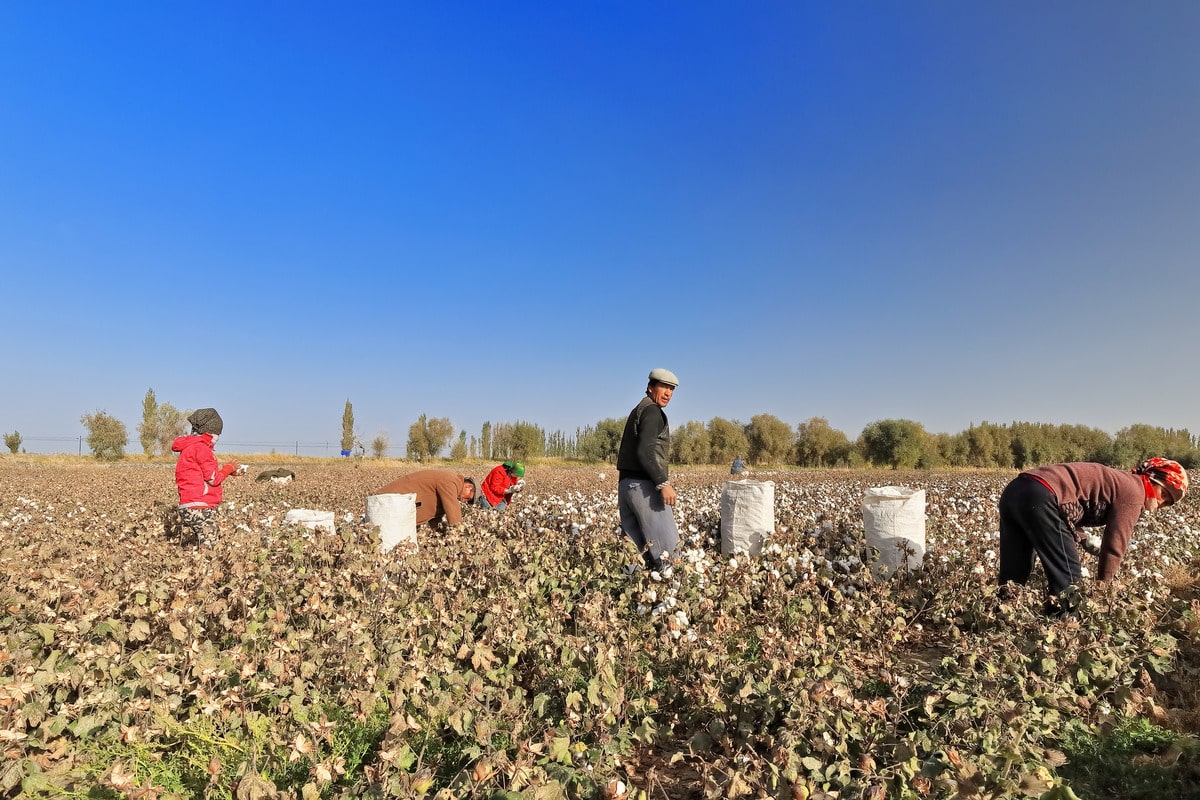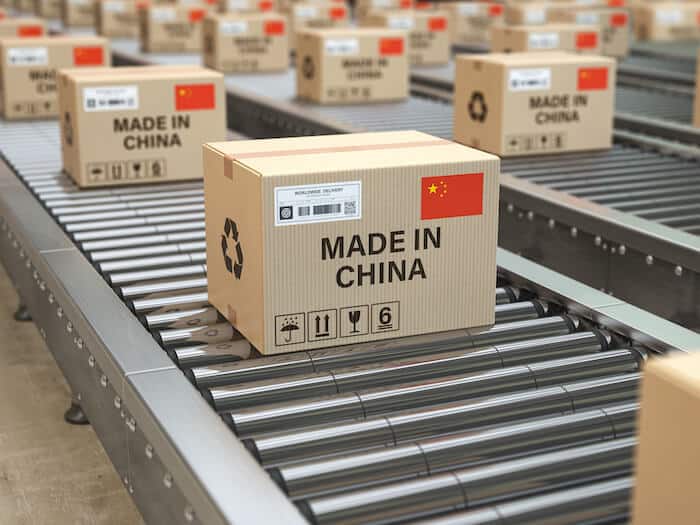The United States government has taken a significant step in its efforts to eliminate goods made with Uyghur forced labor from the U.S. supply chain. The government announced May 16th that it is blocking imports from 26 Chinese cotton traders and warehouse facilities, drawing criticism from China but receiving praise from U.S. lawmakers who advocate for stricter measures.
Key Takeaways:
- U.S. blocks imports from 26 Chinese cotton firms over forced labor concerns in Xinjiang.
- 65 companies are now restricted under the Uyghur Forced Labor Prevention Act (UFLPA).
- China criticizes the move, while U.S. lawmakers support it and call for more industries to be included.
- The action aims to address unfair competition and human rights abuses in Xinjiang.
- The Biden administration plans to review the de minimis exemption to prevent the import of illicit goods.
65 Companies Now Restricted Under the Uyghur Forced Labor Prevention Act
With the addition of these 26 companies, there are now 65 companies restricted under the Uyghur Forced Labor Prevention Act (UFLPA). The U.S. government asserts that forced labor in China’s Xinjiang region, home to many Uyghurs, is part of an ongoing genocide of Uyghur and other Muslim minorities. Beijing has denied these allegations.

Companies Outside Xinjiang Also Affected
The Department of Homeland Security (DHS) noted that many of the listed cotton companies are based outside Xinjiang but still source their cotton from the region. Homeland Security Secretary Alejandro Mayorkas emphasized the importance of this measure in helping responsible companies avoid using forced labor, stating, “We will not allow goods produced in whole or in part through forced labor to enter the United States. We’re shining a light on it.”
China Criticizes the Move, While U.S. Lawmakers Support It
A spokesperson for the Chinese embassy in Washington criticized the move, calling the UFLPA a tool for U.S. politicians to disrupt stability in Xinjiang and hinder China’s development. However, U.S. lawmakers have supported the expansion of the UFLPA Entity List and are calling for more industries to be included.
Addressing Unfair Competition and Human Rights Abuses
The Biden administration’s decision follows complaints from U.S. manufacturers about unfair competition from Chinese firms using forced labor. This action aims to ensure businesses are aware of potential abuses in their supply chains and is part of a larger U.S. effort to address human rights abuses in Xinjiang.

UFLPA and the De Minimis Exemption
The UFLPA, which has been in effect since 2022, bans all imports linked to Xinjiang and requires U.S. companies to thoroughly check their supply chains. The Biden administration also plans to review the de minimis exemption, which allows packages valued under $800 to enter the U.S. with minimal customs scrutiny. This rule has been exploited by companies like Shein and Temu, leading to calls for changes to prevent the import of illicit goods.
As the United States continues its efforts to combat forced labor and human rights abuses in Xinjiang, the blocking of imports from these 26 Chinese cotton firms sends a clear message that such practices will not be tolerated in the global supply chain. While tensions between the U.S. and China may escalate as a result of this decision, it is a necessary step in ensuring that businesses operate ethically and responsibly.



